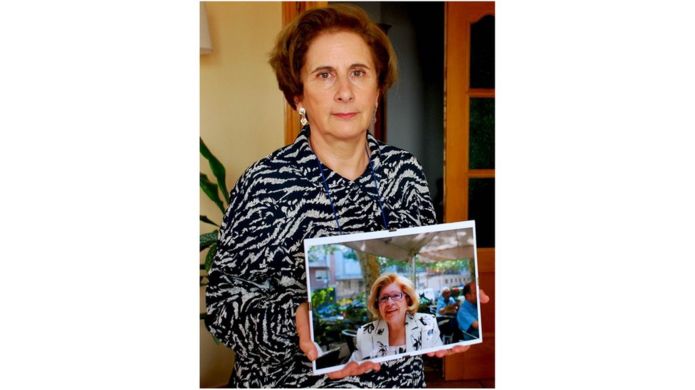Around lunchtime on 8 March, Rosana Castillo met up with some close friends not far from her house in Lucero, a working-class neighbourhood in west Madrid, and, as they did every year, joined a protest to mark International Women's Day. They gave each other a warm hug, held hands and marched to chants of "Down with the patriarchy" and "Feminism will win".
Spaniards, then, could still venture freely outside and coronavirus, which had already killed several hundred in Italy, felt more like someone else's problem. Castillo, a 60-year-old retired primary school co-ordinator, had seen a few people on the underground wearing surgical masks as a protection, but thought most of them were probably tourists. "We weren't really talking about it here," she said.
But it was preying on her mind. She had visited Carmela, her 86-year-old mother, hours before at Monte Hermoso, the care home near the square where the women had gathered. Arriving at the main gate, Castillo was told she could not come in. A worker said two residents had contracted Covid-19, the disease caused by the virus, and visits had been suspended.
Carmela had advanced Alzheimer's, and Castillo had seen her three days earlier when her mother was discharged from hospital after a week's treatment for breathing difficulties. The doctor told her Carmela was going to be fine, that her case was not related to the virus even though she had not been tested.
The worker said nothing else and went back inside Monte Hermoso. As Castillo exchanged phone numbers with some relatives, she saw another worker rushing away, covering her mouth with a piece of cloth. They had known each other for a long time but the woman did not stop to talk. Castillo became suspicious. "At that moment," she told me, "I felt something wasn't right."
It was already widely known, first from China, then Italy, that elderly people with existing health issues were especially vulnerable to the virus. Yet in Spain, where a fifth of the population is above 65, or some 8.9 million people, the government of Prime Minister Pedro Sánchez had done little in response.
As Castillo followed news of the outbreak, she wondered if enough was being done to protect her mother or, indeed, anyone else. Unable to visit Carmela, her only source of information came from infrequent, and usually very brief, phone calls from Monte Hermoso. No matter how much Castillo asked, few things were said.
Consuelo Domínguez, a long-time friend, coincidentally, also had her mother living in Monte Hermoso, a red-brick, private centre with large windows and rooms for up to 130 residents. She, too, struggled to get details. Both daughters knew some staff had gone into isolation with coughs and a fever, the most common symptoms of Covid-19, and were pretty sure there was more going on.



Post a Comment
If you have any doubt please let m know.